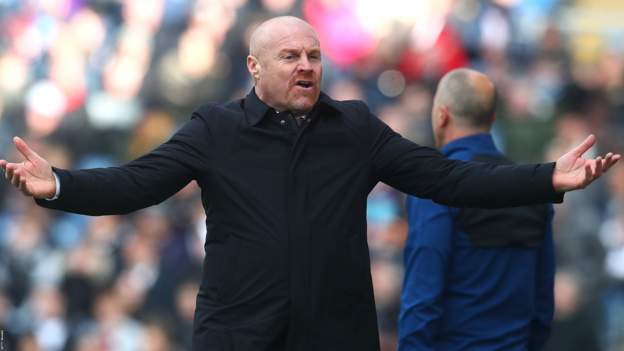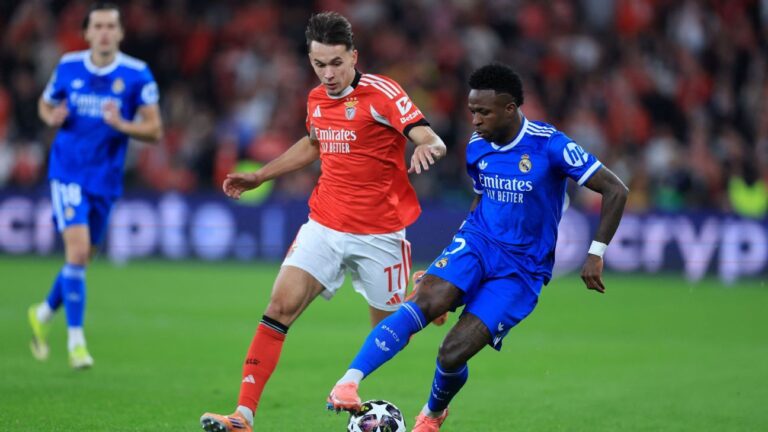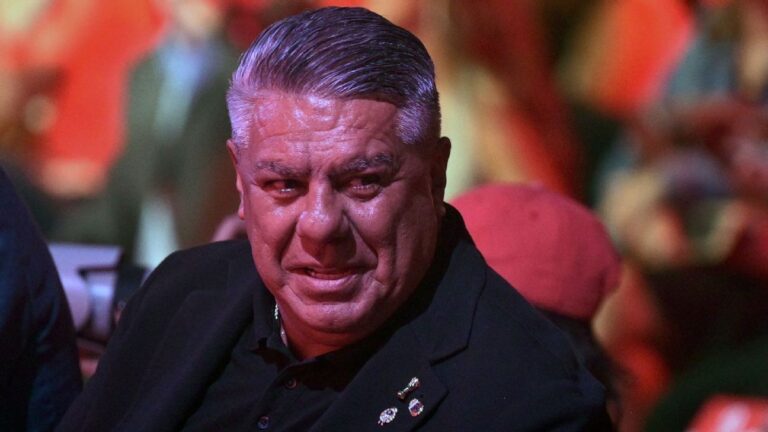Everton have turned to former Burnley boss Sean Dyche as they look to clamber out of the Premier League relegation zone.
The 51-year-old impressed during almost 10 years at Turf Moor, guiding the Clarets to two promotions from the Championship and two top-half Premier League finishes on a modest budget.
He also gained legendary status in the Lancashire town by helping Burnley achieve their first European qualification in 51 years – leading them to seventh place in the top flight in 2017-18.
But will his pragmatic and hard-working approach revitalise Everton?
BBC Sport spoke to Dean Marney and Sam Vokes, who both enjoyed several successful seasons under the man some know as the ‘Ginger Mourinho’, to find out what the players should expect.
Marney: “When we really saw the difference was in pre-season. He demands a lot with the fitness levels. It was the fittest I have ever been in my life and it was the same for a lot of the players.
“Initially, he can’t do that, but I think if he can get to the end of the season and stay up, come the start of next season you will see a very different Everton team.
“It was very much a different group at Burnley and the standard of player wasn’t as high as Everton have.
“He tried to slowly introduce his philosophies. Sean was about playing in the opposition’s half. It was a contrast to what the players had been used to [under Eddie Howe] but, especially after that first pre-season, you started to realise it made total sense with our squad.
“With Everton, there are a lot more egos. It is not quite as easy to get those players on board quickly. But if anyone can do it, he can.”
Vokes: “It was our goal as ‘little old Burnley’ to survive, so when we hit 40 points by January, we thought it was time to march on and we finished on 65 and got into Europe. That was a combination of that culture he instilled in the players and us believing in what we did.
“He can go into a club and create that atmosphere that a club like Everton need at the moment.”
Marney: “He likes to be in control from the top to the bottom. He will work closely with the board and will try to take the pressure and limelight away from the board and bring the fans closer to the players.
“I am sure a big part of what he says in his press conferences is: ‘Let’s get the fans behind the team and make the fans proud of watching the team play.’ That is what he did at Burnley. He said: ‘I promise you, you will have a team that will give everything for the shirt, week in, week out, win, lose or draw.’
“That has been the thing with the Everton fans at the minute. They feel players are not giving their all, which is probably not the case. It is a severe lack of confidence.
“Once you have fans that are not supporting you and on your back, it becomes very tough. Hopefully he will turn that around.”
Vokes: “He is the perfect appointment for Everton at this time. They are looking for a bit of stability, and that is exactly what Sean Dyche brings.
“At Burnley, he created this culture that ran throughout the club from the players to the staff, and the fans bought in as well. That is what Everton are craving.”
Marney: “We played to our strengths. We weren’t going to play Manchester City and go toe-to-toe in a game of pure football. But I am pretty sure if you asked 90% of the teams if they liked playing Burnley, they would say no.
“His thing was to make good players – and ultimately week in, week out he was coming up against better players – as uncomfortable as possible, whether that be playing a bit more direct, picking up second balls, first contacts…
“It was always done with a purpose and very clearly thought through. Whether it was playing down the side with a particular centre-half, turning the full-back, it was always to make their better players struggle.
“We worked on tactics a lot, particularly that first pre-season we had. There were certain triggers we all knew. It wasn’t as brutal as people tried to make out.”
Vokes: “People attach a stigma to Dyche’s way of playing, but at Burnley we played in a way to get results. Defensively we pressed from the front, and in the Championship we were an attacking team.
“For any manager that had the budget Burnley had, to stay in the Premier League for seven years was impressive.”
Marney: “He is very honest, very open, and you can speak to him about anything. If you had anything to discuss – a problem, or why you weren’t in the team – he would be 100% honest. As players, that is all you can ask for.
“Win, lose or draw, he is very much the same. People think he is a bit of a hard man but I have only seen him lose it once or twice. He is very calm.
“He is a very good man-manager. If you have problems, one of his massive things is ‘family first’. He tried to create a happy environment. He did that at Burnley and the players, him and fans were all as one.
“With Everton fans, if you do that, you are halfway there because when they are behind you, they are up there with the best fans.”
Vokes: “He is a very measured man. When you come in at half-time, he will sit with staff and let the players cool down and then have a reasonable chat.
“He is very calm and collected and get his points across.”
BBC Sport football reporter Simon Stone
When I sat in one of Dyche’s lengthy, usually light-hearted pre-match news conferences, he waxed lyrical about his belief there was nothing to be gained from the practice of goalkeepers playing it short to defenders perilously close to their own goal, then taking up positions where they could receive passes.
That was not because he was against the principle of building play from the back. It was because, with one of the smallest budgets in the top flight, he was taking on teams with better players. Against superior opposition with players of high speed and technical ability, the jeopardy of taking risks near your own goal was high, Dyche reasoned, so why do it?
Dyche likes his teams to be aggressive and quick. If Burnley didn’t score many goals, he would argue it was because, financially, top strikers were unattainable. His central midfield tended to be organised to provide added protection in defence, so the support further up the pitch was not always there.
These are clear views. Also clear in his mind is that, given the opportunity, he could do a better job if he had better players. Dyche’s body of work suggests this is right.
Evidently, his first task will be keeping Everton up. In Michael Keane, James Tarkowski and Dwight McNeil, he has three players he already knows. It is fair to assume he has been doing a lot of research on the rest. If he succeeds or fails, by the summer, he will be far better placed to start building something meaningful next season.
Should Everton go down, Dyche – with two promotions on his CV – could presumably be trusted to lead a promotion quest, particularly as Everton would benefit from parachute payments. If they stay up, surely he will have earned the right to continue his work.




